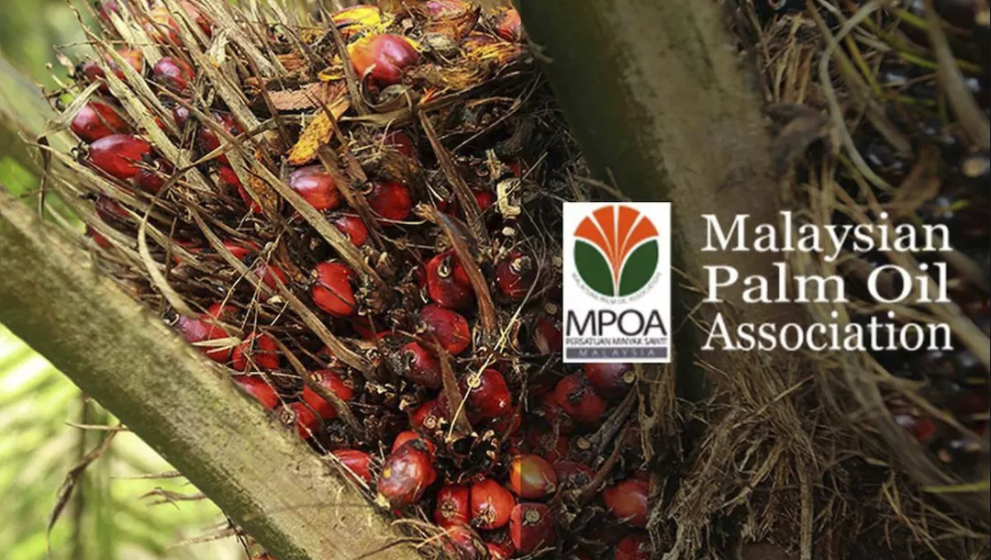MPOA, 12 plantation associations urge govt to review windfall profit levy threshold
KUALA LUMPUR (Aug 27): Thirteen associations representing the palm oil supply chain have urged the government to review the windfall profit levy (WPL) threshold on oil palm planters, citing current industry challenges and the need to safeguard long-term competitiveness and sustainability of the industry.
In a joint statement, the associations — including the Malaysian Palm Oil Association (MPOA) — said the WPL must be restructured to reflect genuine windfall gains, noting that with production costs averaging RM2,600 to RM3,000 per tonne and fertiliser prices up 30% since late 2024, the current levy of RM150 per tonne is “punitive rather than reflective of extraordinary profits”.
“Despite repeated appeals, the WPL continues to burden the plantation industry. The associations further call for a review of the WPL threshold to ensure it truly reflects a ‘windfall’ situation, rather than taxing the industry at levels close to production costs,” said the associations.
“The continuous implementation of the so-called WPL has created additional costs and imbalances, particularly when plantation companies are already required to subsidise the nation’s cooking oil programme on behalf of the government. No other industry has been singled out in this way,” they added.
The government had earlier raised the WPL threshold by RM150 in January, setting it at RM3,150 per tonne in Peninsular Malaysia and RM3,650 per tonne in Sabah and Sarawak.
Other than MPOA, the other 12 associations are Malaysian Estate Owners’ Association, Sarawak Oil Palm Plantation Owners Association, East Malaysian Planters Association, Sarawak Dayak Oil Palm Planters Association, Palm Oil Millers Association, Malayan Edible Oil Manufacturers’ Association, Malaysian Oleochemical Manufacturers, Malaysian Biodiesel Association, Malayan Agricultural Producers Association, Incorporated Society of Planters, Palm Oil Refiners Association of Malaysia and the National Association of Smallholders.
Reinvestment of levy proceeds
The associations further called on the government to reinvest WPL collections for government replanting initiatives and soft loans to help rejuvenate ageing estates, while also supporting research and development, tax incentives and pilot projects that could accelerate mechanisation and reduce reliance on foreign labour.
In addition, they stressed that WPL proceeds should be channelled into sustainability initiatives such as biogas, biomethane and carbon certification, which are increasingly critical for Malaysia to maintain access to global markets amid tightening environmental and deforestation requirements.
The groups also highlighted mounting losses faced by cooking oil manufacturers and packers in maintaining the government’s ceiling price for the bottled cooking oil programme.
“With crude palm oil (CPO) prices elevated and exceeding RM3,900 per tonne, cooking oil manufacturers and packers continue to bear heavy losses in maintaining the government’s ceiling price for the bottled cooking oil programme. The current ceiling price of RM2.50 per kg is unsustainable and the gap between actual CPO prices and subsidised oil prices is widening. This not only places extreme financial strain on manufacturers but also raises concerns about the sustainability of the subsidy system itself,” the statement read.
The associations urged the government to “urgently review the ceiling price of bottled cooking oil to reflect market realities, or alternatively, allocate part of the WPL collections to offset the subsidy burden borne by the industry. Without such relief, the continuation of this policy risks eroding industry viability and undermining supply stability”.
“The WPL cannot remain just another source of government revenue. It must be reinvested into the plantation and commodities industry to drive replanting, mechanisation, sustainability, and to ease the cooking oil subsidy burden.
“At today’s costs, the situation is unsustainable. Redirecting WPL funds back to the ministry is the only fair and logical path forward,” the associations added.
